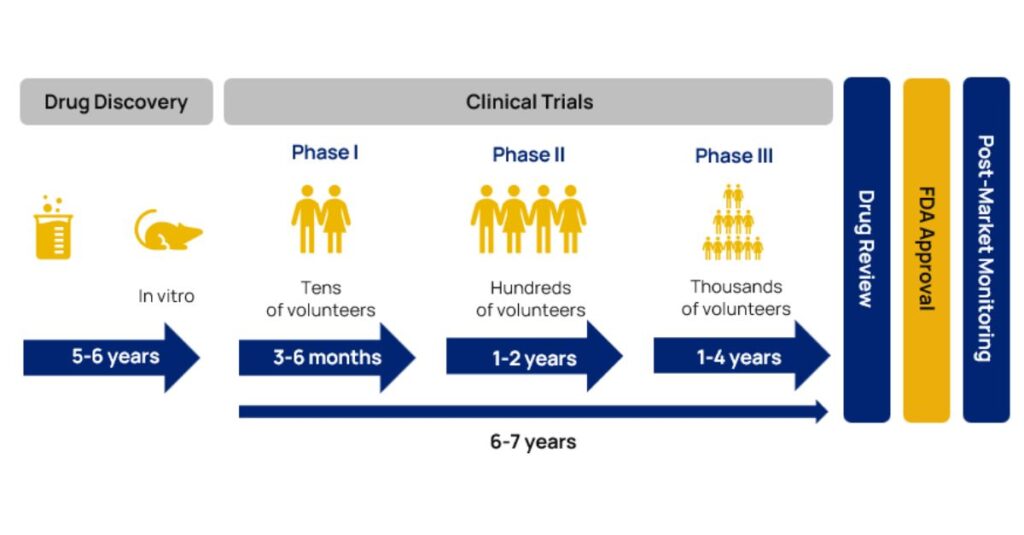
Let’s be honest—project management doesn’t always get the attention it deserves in CDMO circles. But it should. Because when things go wrong, it’s the communication that breaks down. The handovers. The lack of clarity. And when that happens, biotech companies—especially those racing toward IND submissions – don’t have the luxury of time to fix it. In extreme cases, they switch CDMOs, and that’s a costly move.
We’ve seen it too many times. A biotech team is forced to walk away from a CDMO project. Not because the technical work was flawed, but because the relationship didn’t work. The project lacked visibility; questions went unanswered. Decisions were slow, and the team on the ground kept changing. That’s not sustainable when every week counts.

Switching CDMOs means more than moving materials. It means transferring knowledge, processes, and trust. That takes time, something most biotechs don’t have. So, the better move? Choose the right CDMO from the start. One that treats project management as a core capability, not an afterthought.
The cost of a failed CDMO relationship isn’t just financial. It’s strategic. It delays clinical timelines. It erodes investor confidence and forces internal teams to spend time managing chaos instead of focusing on science. It often leads to rework, sometimes starting from scratch with a new partner.
This is especially painful for small, investor-led biotechs. These companies are under pressure to hit milestones quickly. They rely on their CDMO not just for execution, but for guidance, expertise and a track-record. When that support system breaks down, the consequences are immediate and visible.
What biotechs really need from a CDMO
Biotechs don’t need a vendor. They need a strategic partner. Someone who understands the stakes, shares the urgency, and brings structure to the project. That’s where project management comes in.
At Upperton, we’ve built our project management model around what we know biotech clients need. Every project gets a dedicated, cross-functional team—R&D, analytical, QA, manufacturing—all working together from day one, and we don’t stop there. An Upperton Ambassador is on every team, more often than not a member of our executive leadership team. That means if you need answers, you’re not stuck waiting. For example, you can speak directly to our Chief Scientific Officer, Chief Technical Officer or Director of Analytical Services. The transparency is clear, and that level of access matters.
We also keep the same team with your project from start to finish. No handovers. No lost context. No re-explaining your goals every few months. That continuity is what keeps projects on track.
Communication Isn’t a Nice-to-Have. It’s the Backbone
Let’s talk about communication. It’s not just about sending updates. It’s about creating real transparency. We set up regular check-ins, open feedback loops, and ensure clear reporting so you always know where things stand. You always know who to talk to and that’s how trust is built.
This isn’t just our opinion. Industry voices are saying the same. Outsourced Pharma argues that the best CDMO relationships are integrated partnerships, not transactions, and that assigning a single project manager and using shared platforms improves responsiveness and reduces risk. Agile project management, something we’ve embraced, helps teams adapt quickly when priorities shift.

Redefining the CDMO–Client Dynamic
We believe the CDMO–client relationship needs to evolve. It’s no longer enough to deliver a service. You have to deliver confidence and become a strategic partner for the long-term, able to provide pathways from pre-clinical to commercialisation. That means being proactive, not reactive. It means anticipating issues before they become problems, and it means being accountable, not just for tasks, but for outcomes.
At Upperton, we’re redefining how clients work with CDMOs. We’ve built a model where project management is the common thread that runs through every stage of development. From early formulation to GMP manufacturing, the same team carries the knowledge forward. That consistency is what allows us to move fast, making science-led decisions at every turn.
Don’t Underestimate the Value of Project Management
If you’re a biotech company, your CDMO is part of your team, and if they’re not managing your project like it’s their own, you’re taking a risk you can’t afford. Strong project management isn’t a nice-to-have. It’s the foundation of a successful partnership.
Let's work together
How can we help you?
Get in touch.
If you’re looking to work with a CDMO that can support your product from preclinical development to market and beyond, then we’re here to help.